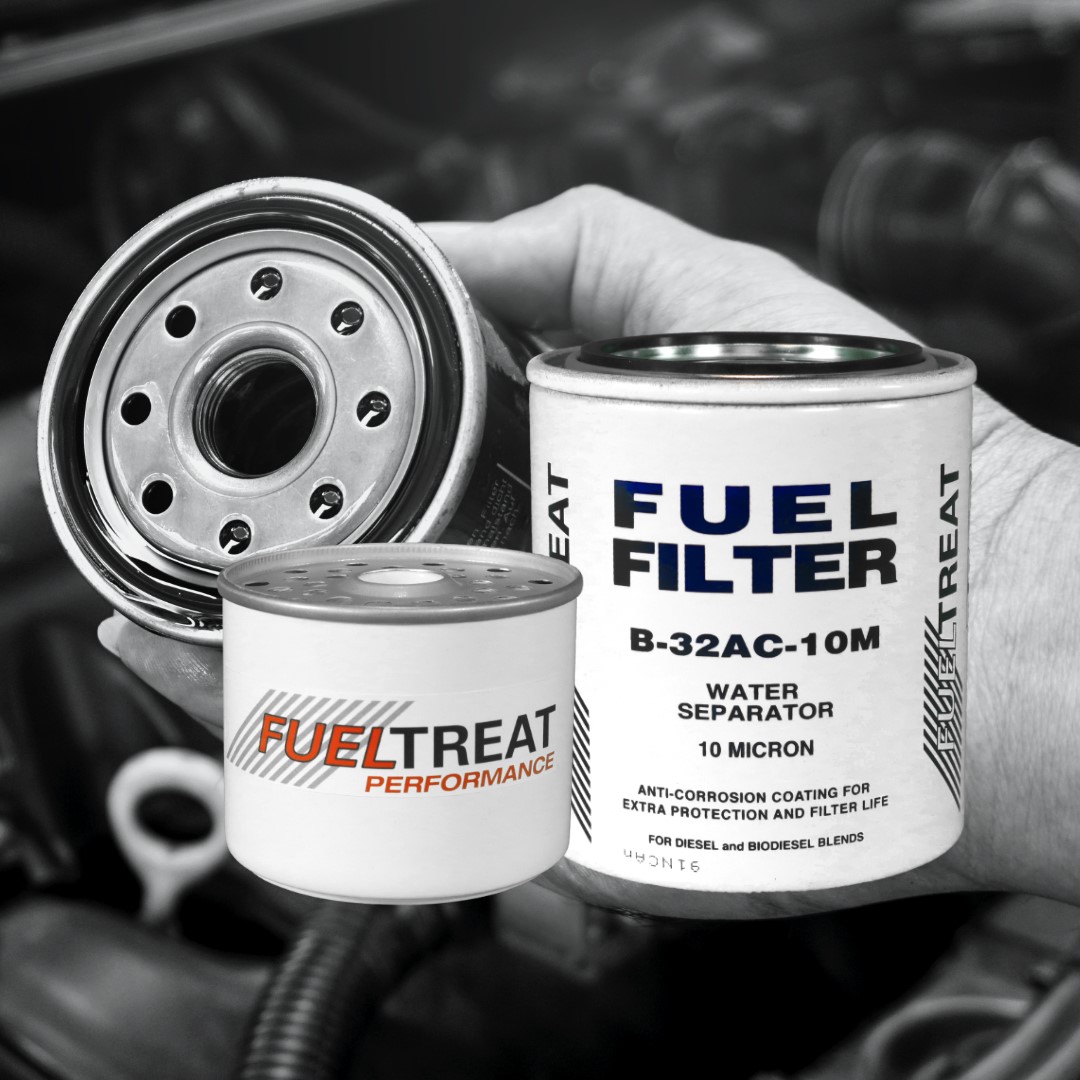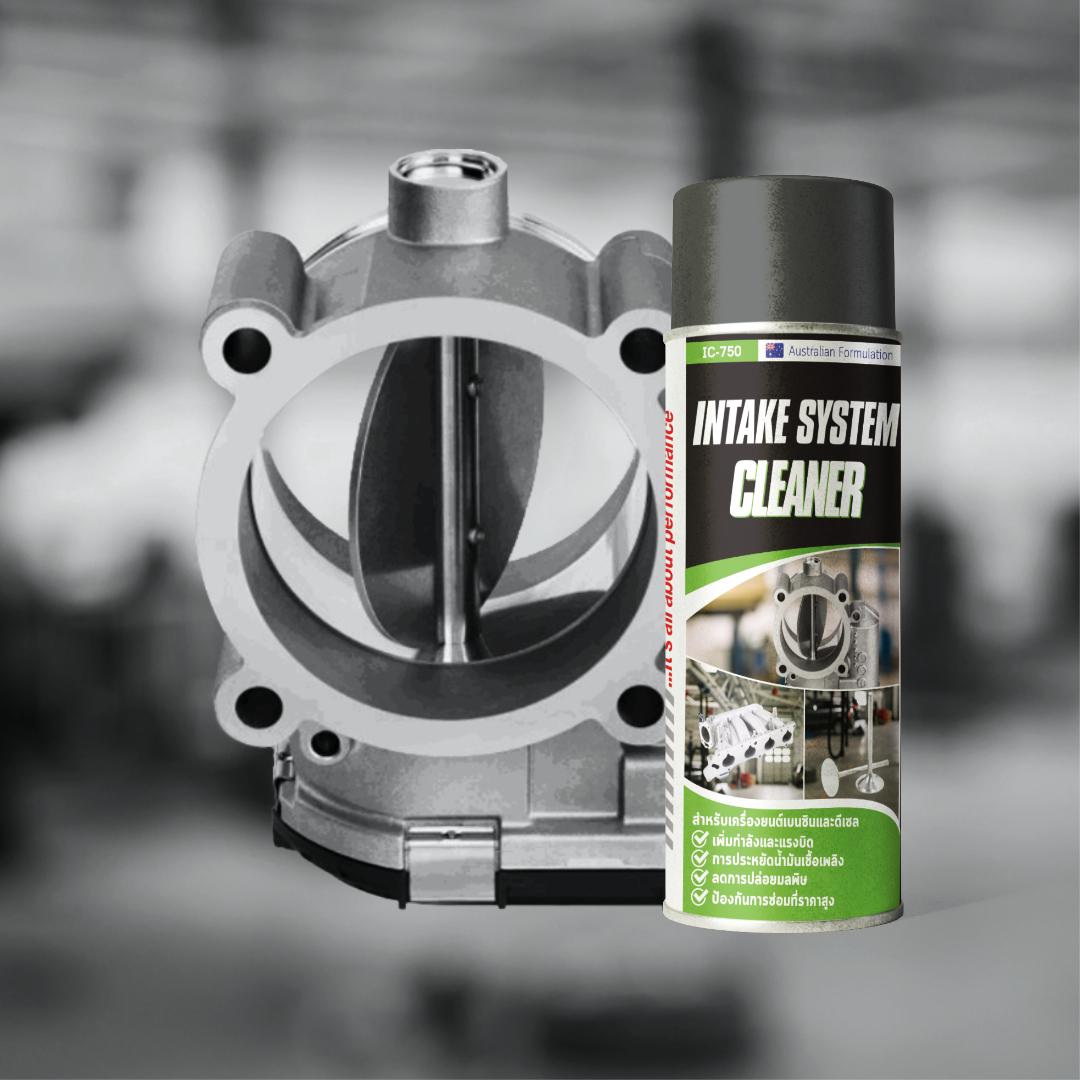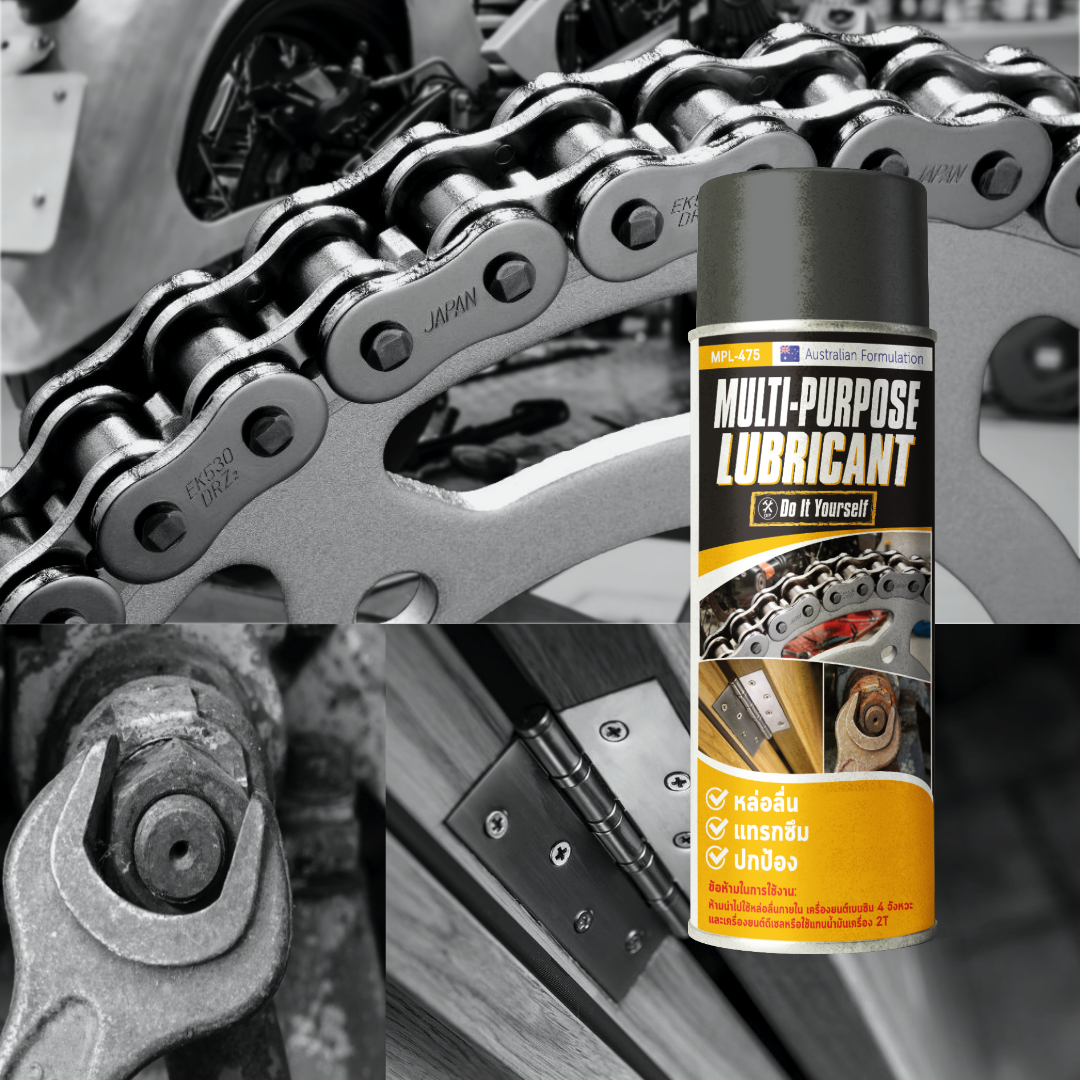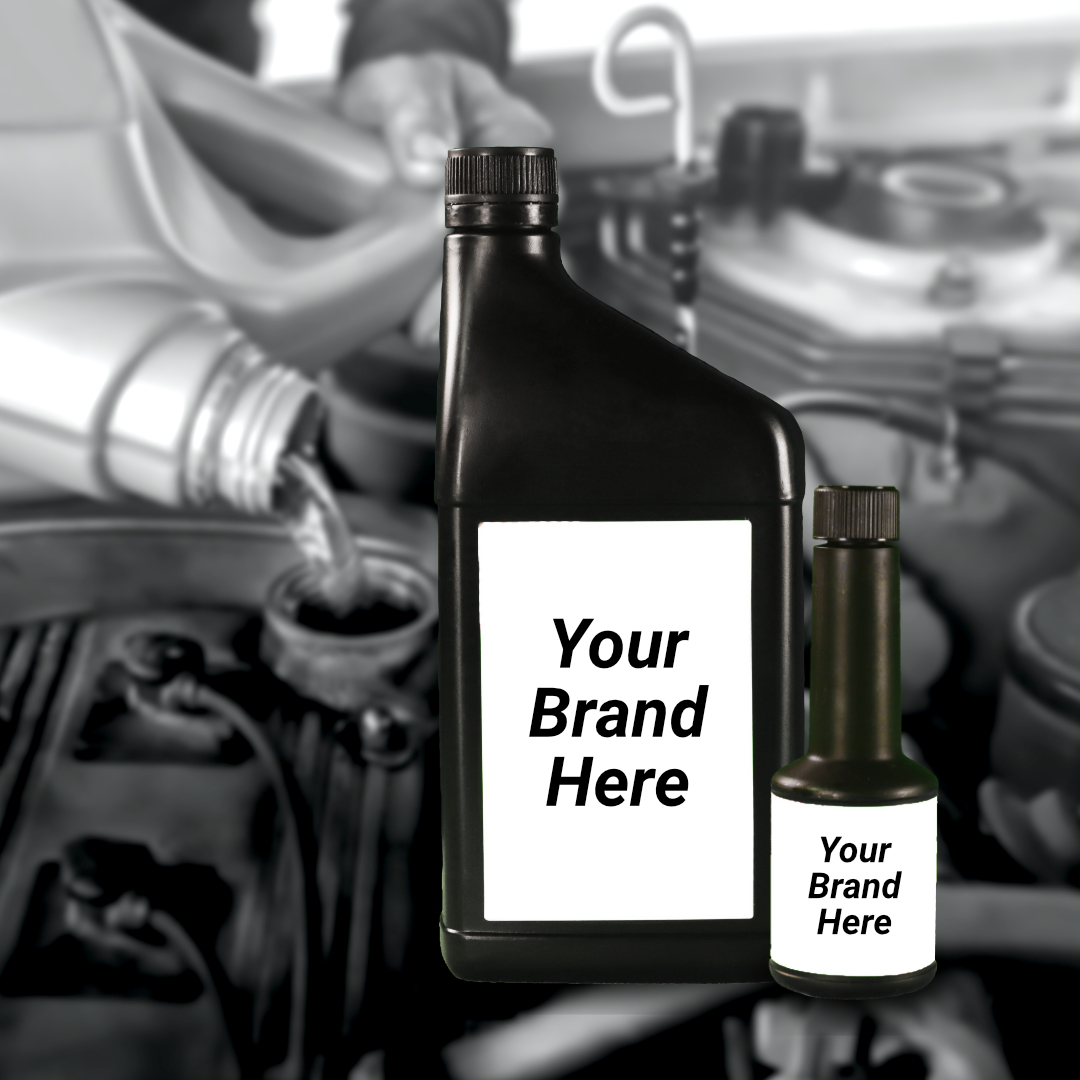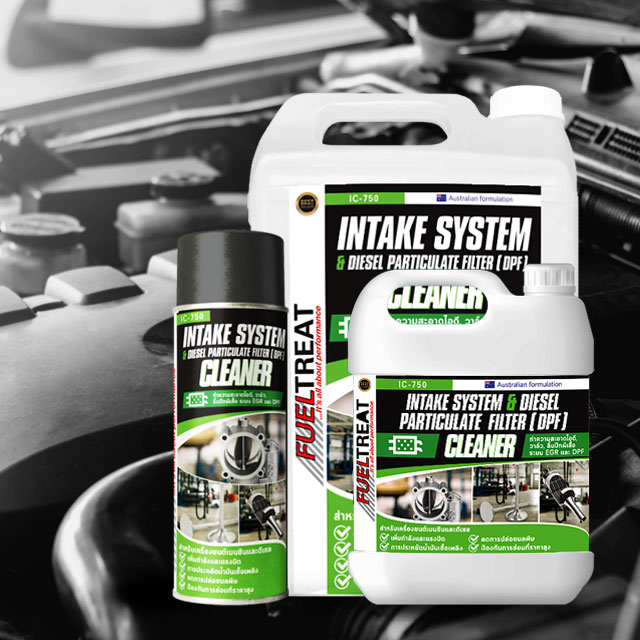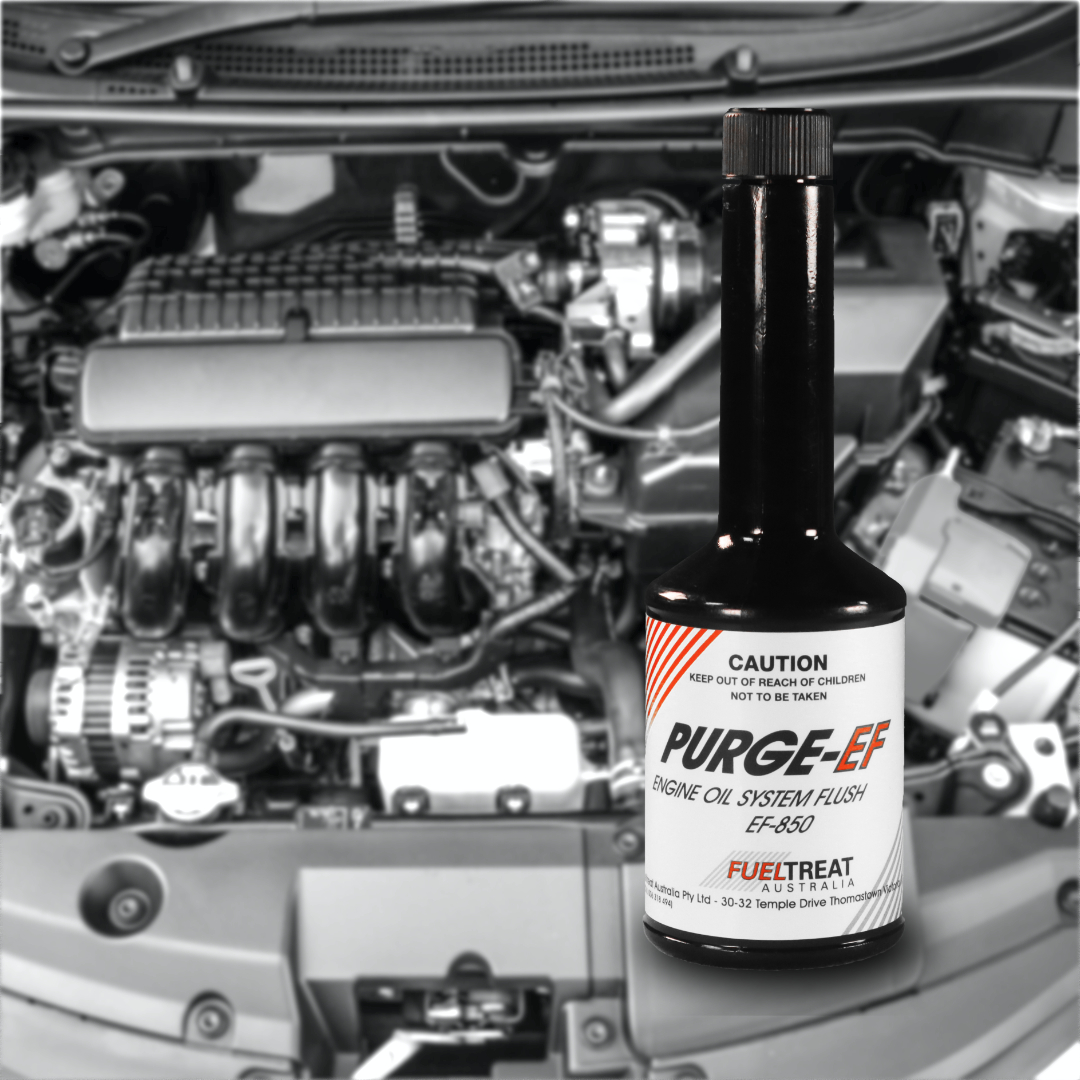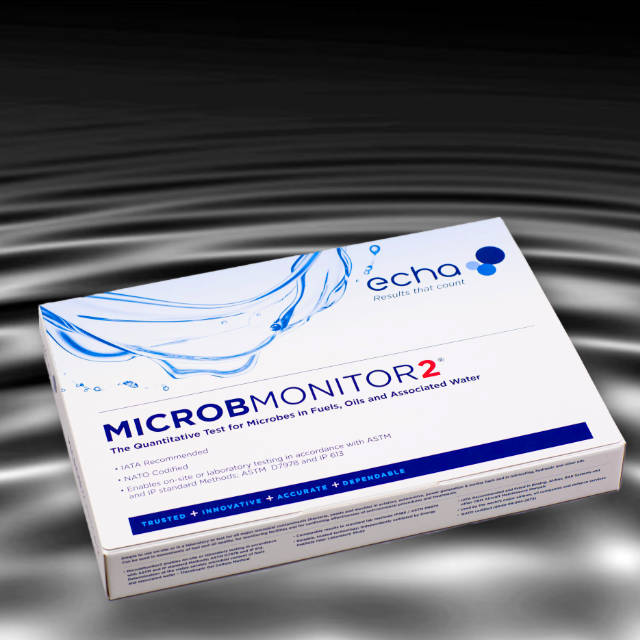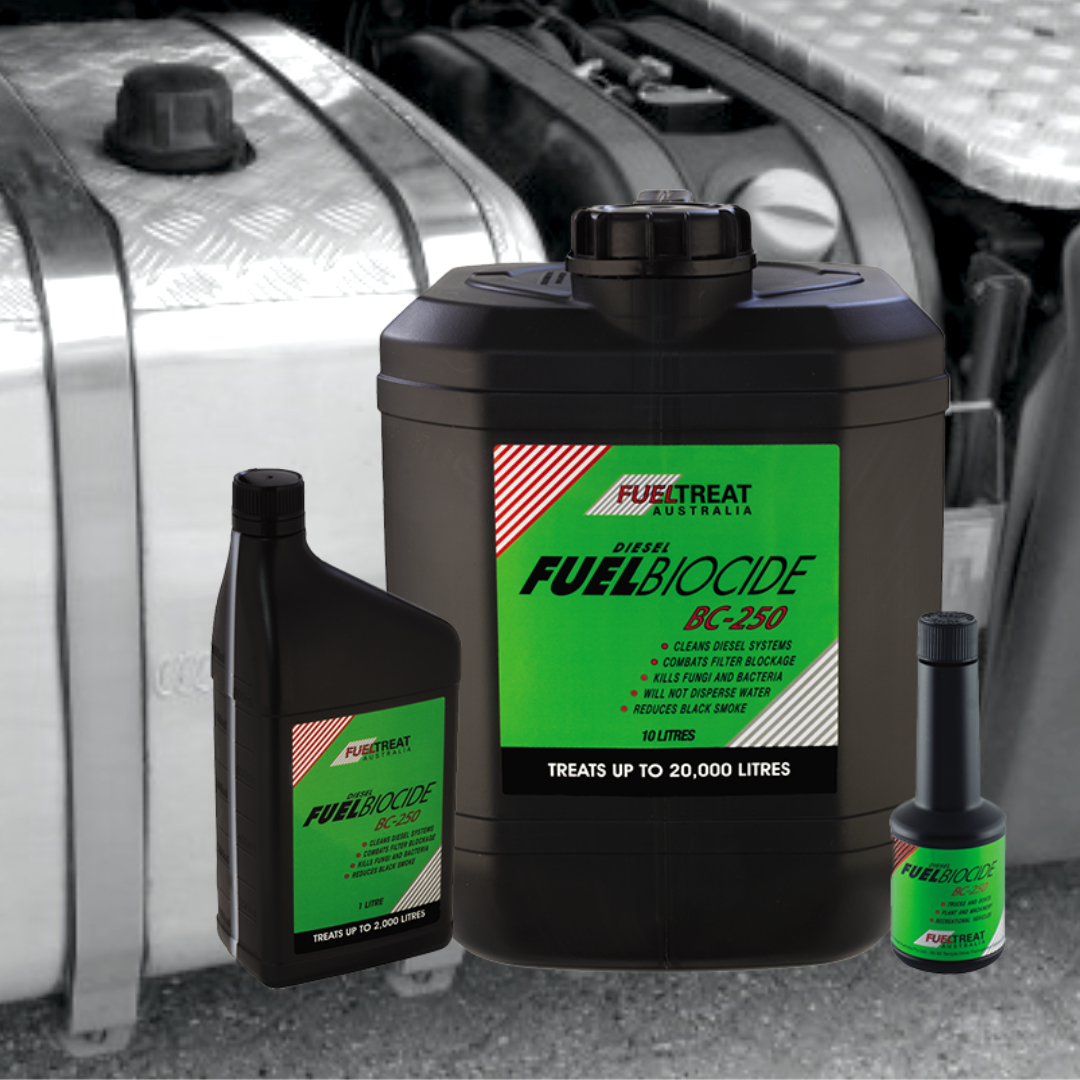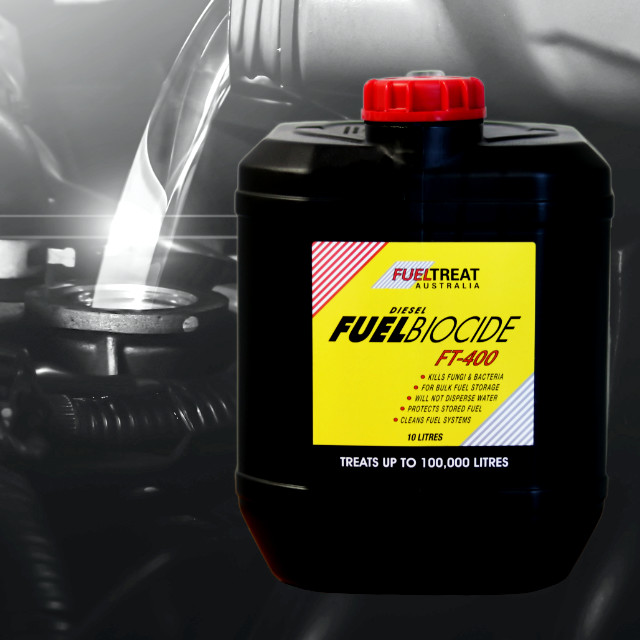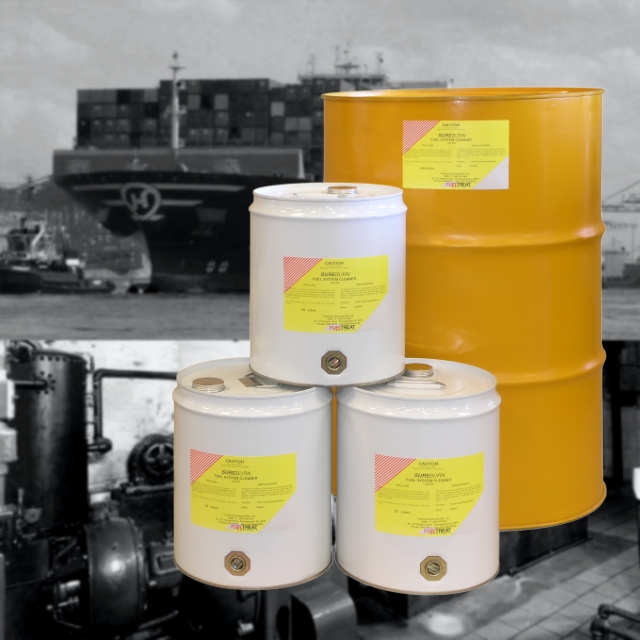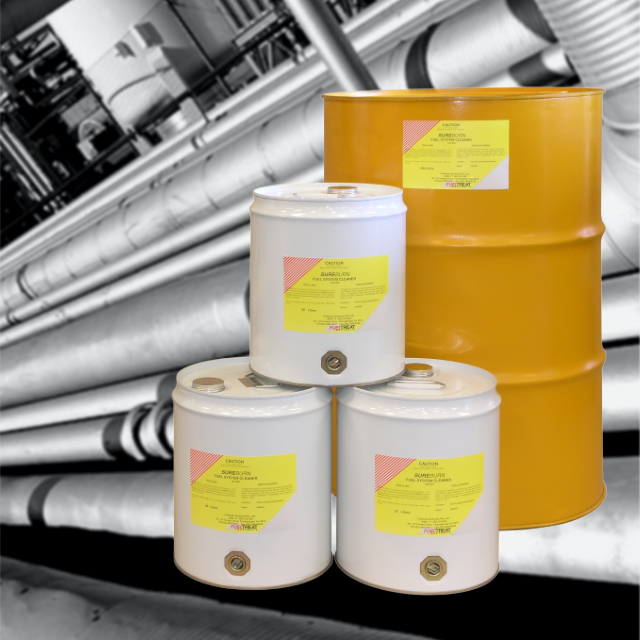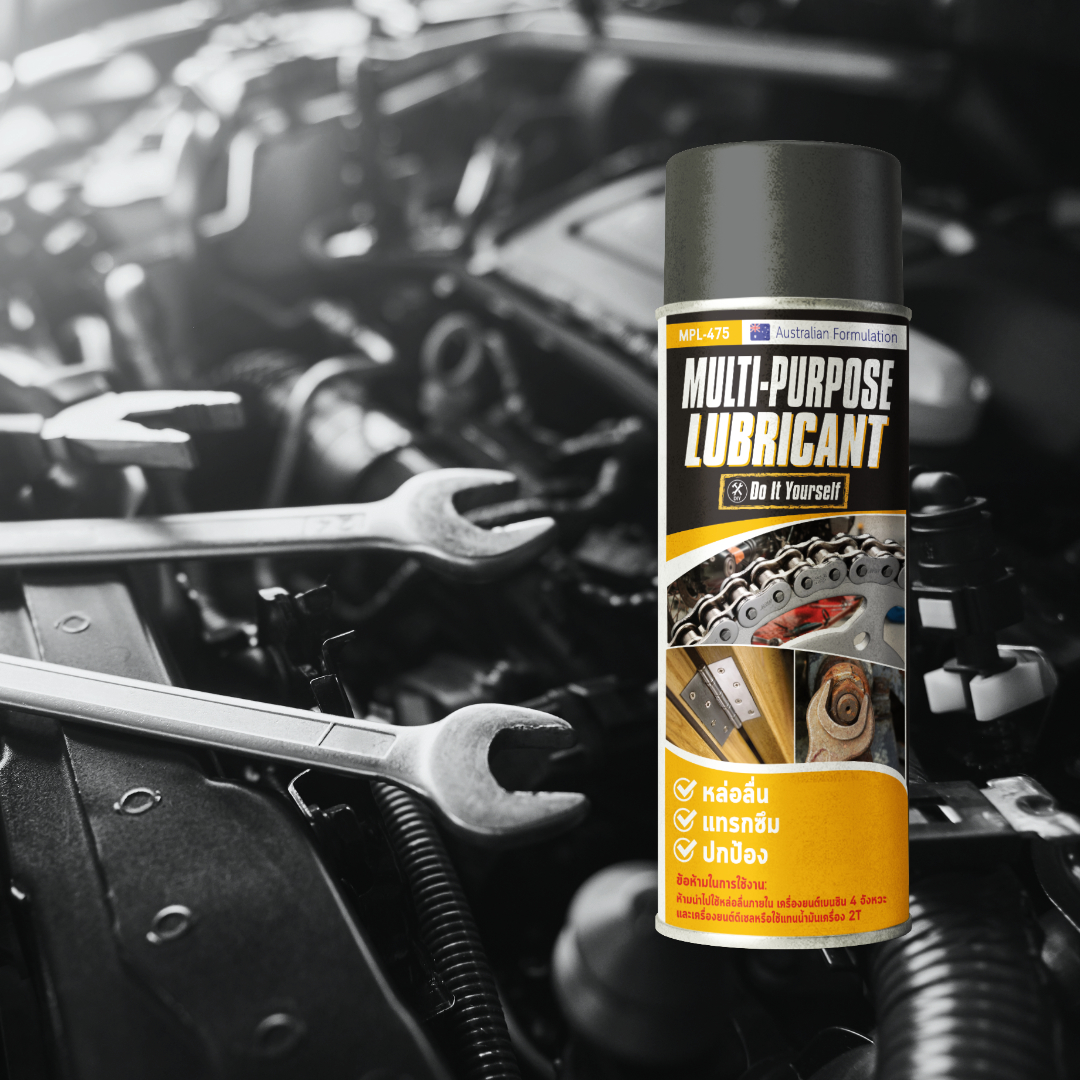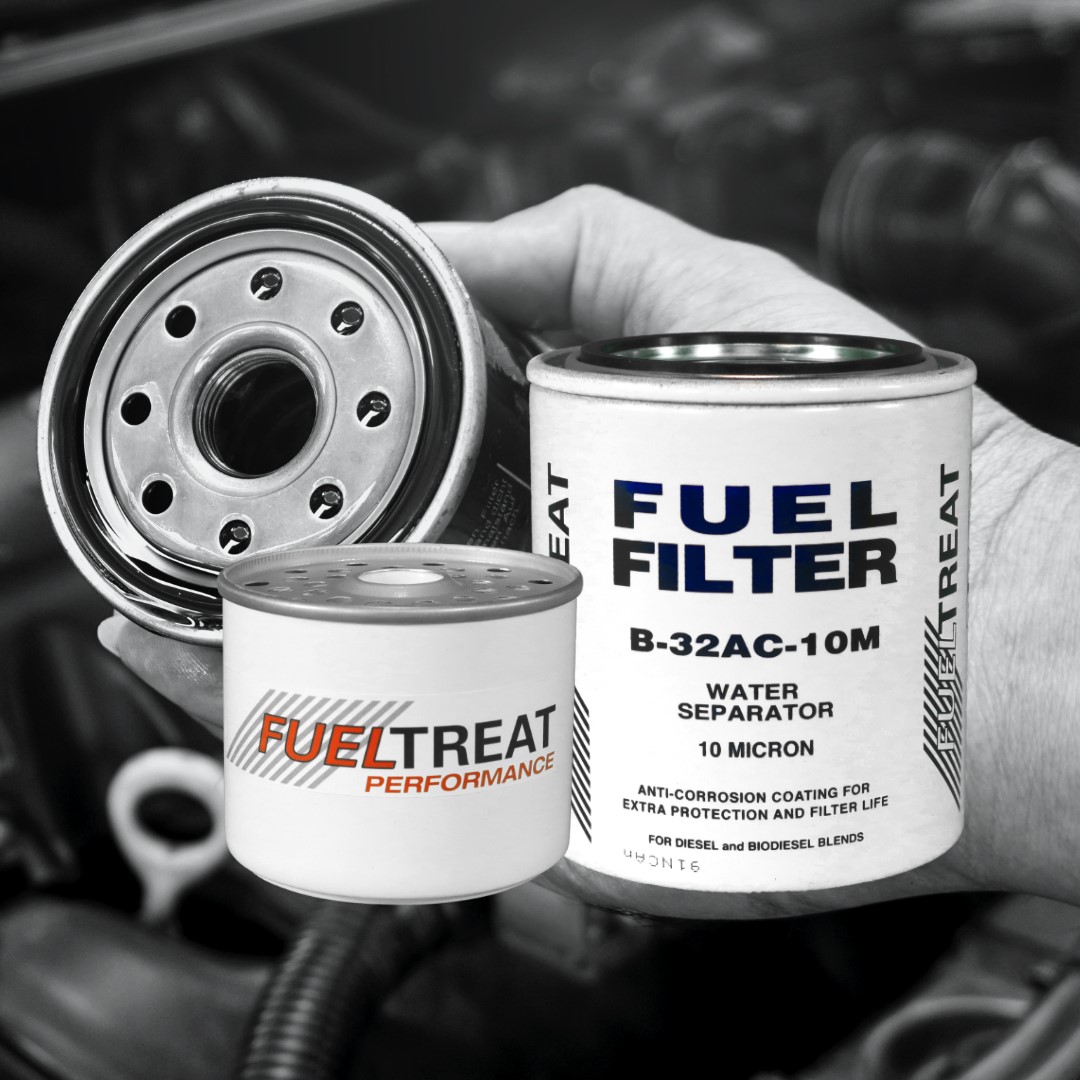

In today’s Transportation Industry high quality fuel and clean combustion is crucial for an engine to run efficiently and at the lowest cost per kilometer.
Engine Cleanliness + Fuel Quality = Lower Fuel Cost + Lower Maintenance Cost + Lower Pollution
Efficient combustion also plays a significant part in reducing exhaust emissions through achieving a total burn of the fuel in the combustion chamber.
If your diesel is blowing black smoke, you are wasting fuel and money!
Saving fuel and maintenance costs while minimising exhaust pollutants is where FUELTREAT can help.
These products will help you save fuel and maintenance costs.
“Read more to find out why monitoring and treating fuel will save you transport costs”
The main pollution outputs of the internal combustion engine are:
Carbon Monoxide (CO) and Carbon Dioxide (CO2) are gases which are dangerous in high concentrations and contribute to global warming. Ensuring efficient engine combustion is crucial in reducing these harmful gas emissions.
Hydrocarbons (HC) are a result of unburned fuel in the combustion process which is a major factor in smog creation which lead to breathing issues in many cities. Efficient combustion of fuel will reduce HC emissions and reduce pollution.
Nitrogen Oxides (NOx) are produced in the fuel combustion processes by direct combination of atmospheric oxygen and nitrogen in combustion. NOx contributes significantly to smog and can cause breathing difficulties.
Particulate Matter (PM), are microscopic particles comprised mostly of unburnt carbon. Poor combustion due to poor fuel quality and/or clogged injectors increases NOx and PM production.
Biocidal Contamination
Water is always an issue in diesel fuel, but problems have increased using ULSD fuels and biodiesel. In higher concentrations, sulfur dissolves and carries water out of fuel systems in water separators. Lower sulfur content in the fuel has reduced its ability to carry this water and lowered its resistance to microbial contamination. Since the fuel can no longer carry water dissolved in solution, more water is shedding to the bottom of fuel tanks, creating a breeding ground for microbes.
Increased paraffin and biological Fatty Acid Methyl Esters (FAME) in Biodiesel are used to replace the sulfur and aromatics. These provide a major food source for the microbes. The reduction in sulfur, a natural poison to bacteria and fungus has further intensified microbial contamination problems in ULSD and Biodiesels.
The FUELTREAT range of focused transportation fuel and oil treatments are engineered to keep fuels and engines clean, stable, and performing as new.
Click the links of our Transport related products to learn how they can save you money by improving fuel economy, reducing maintenance costs and down time.
Contact Us to find out more


